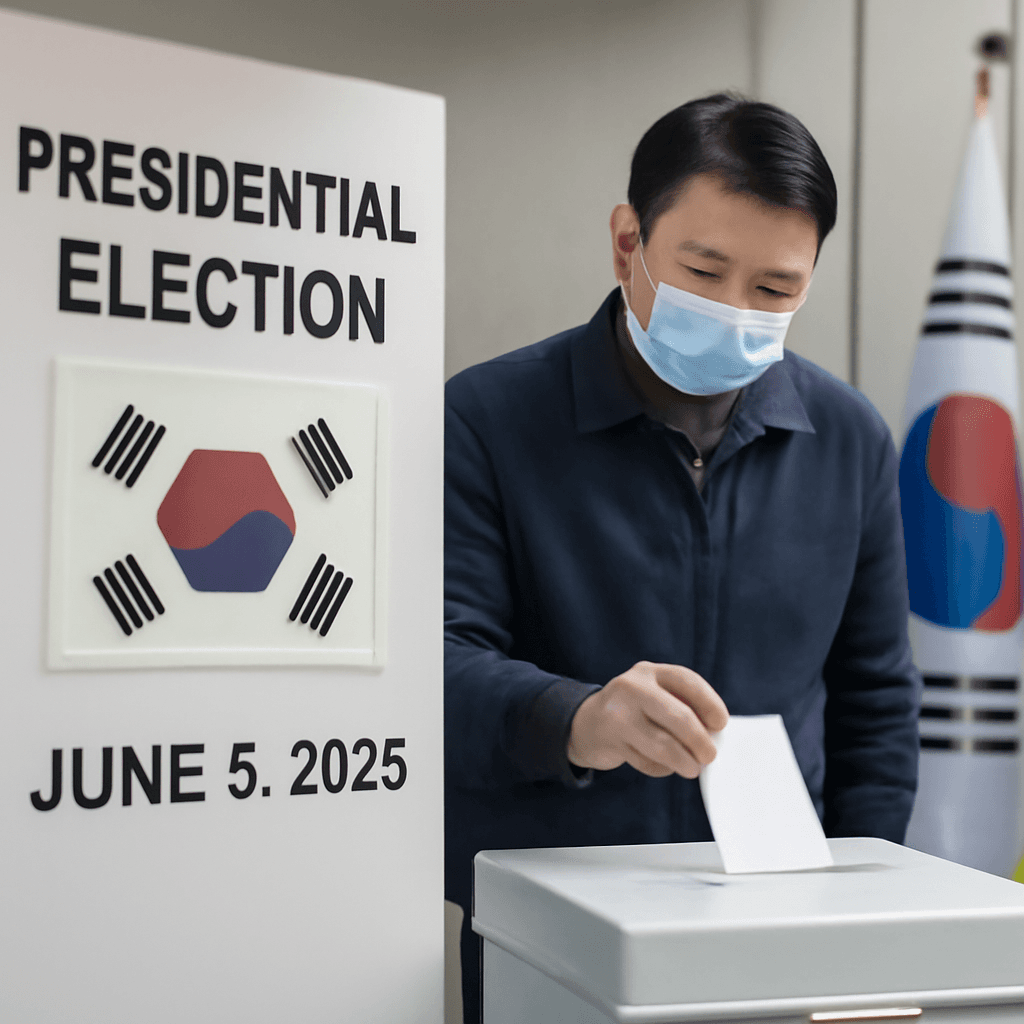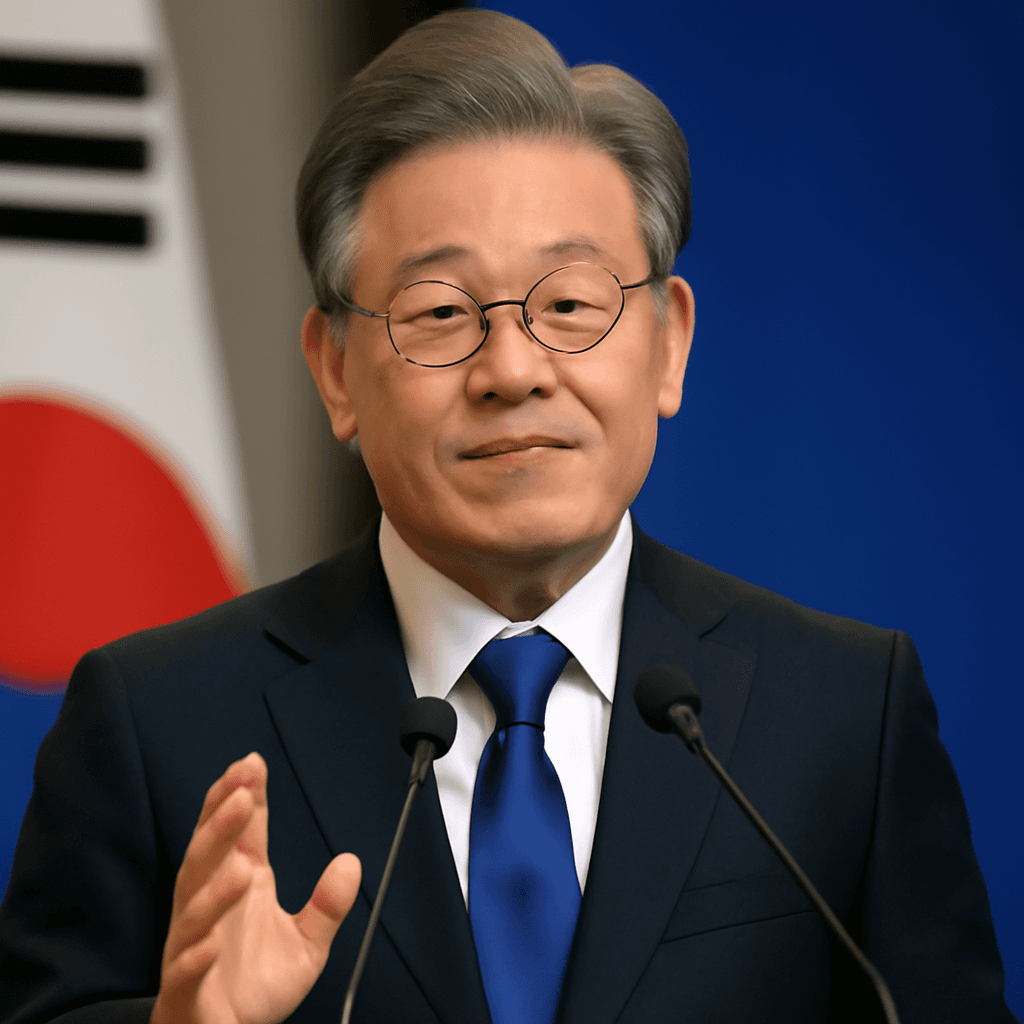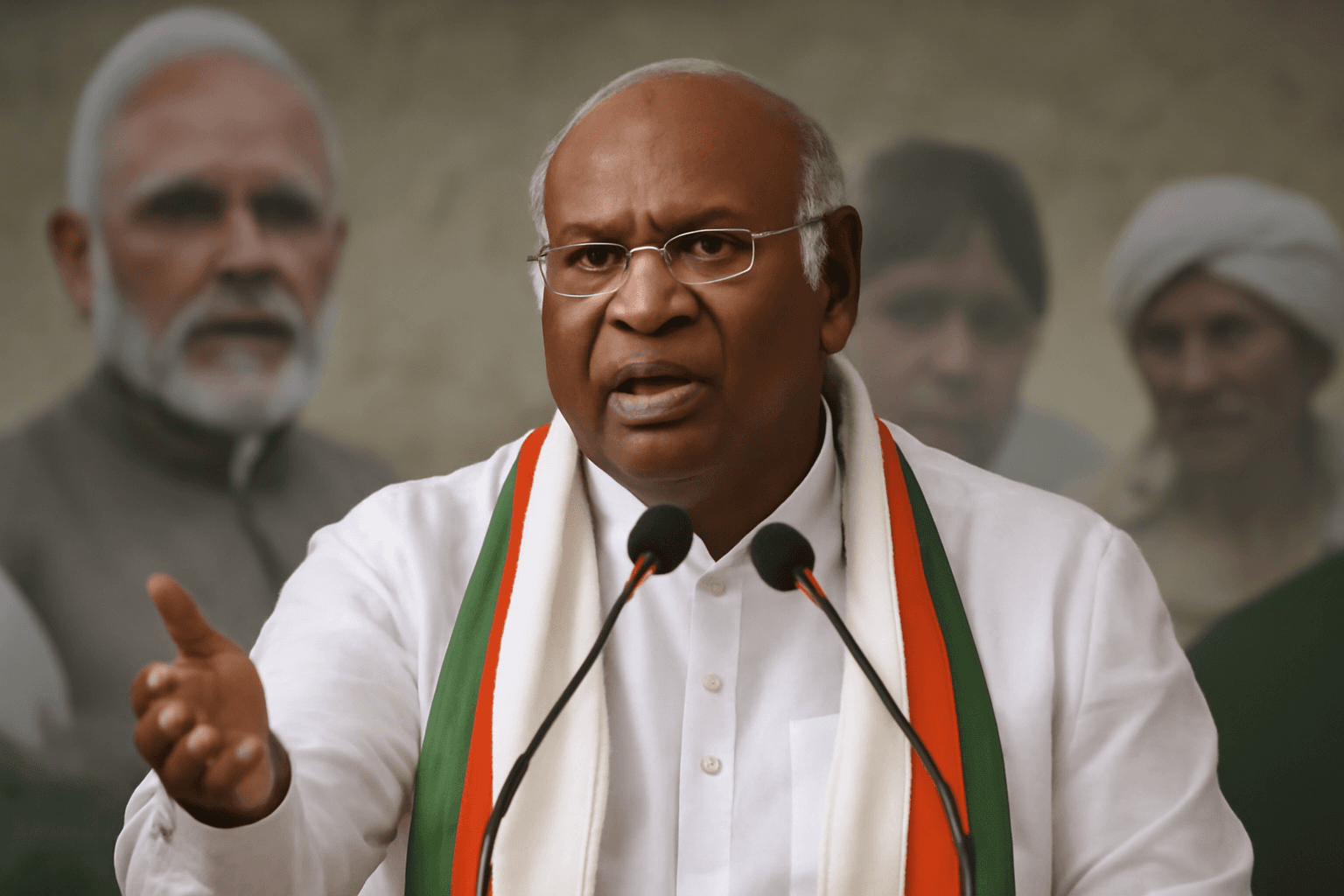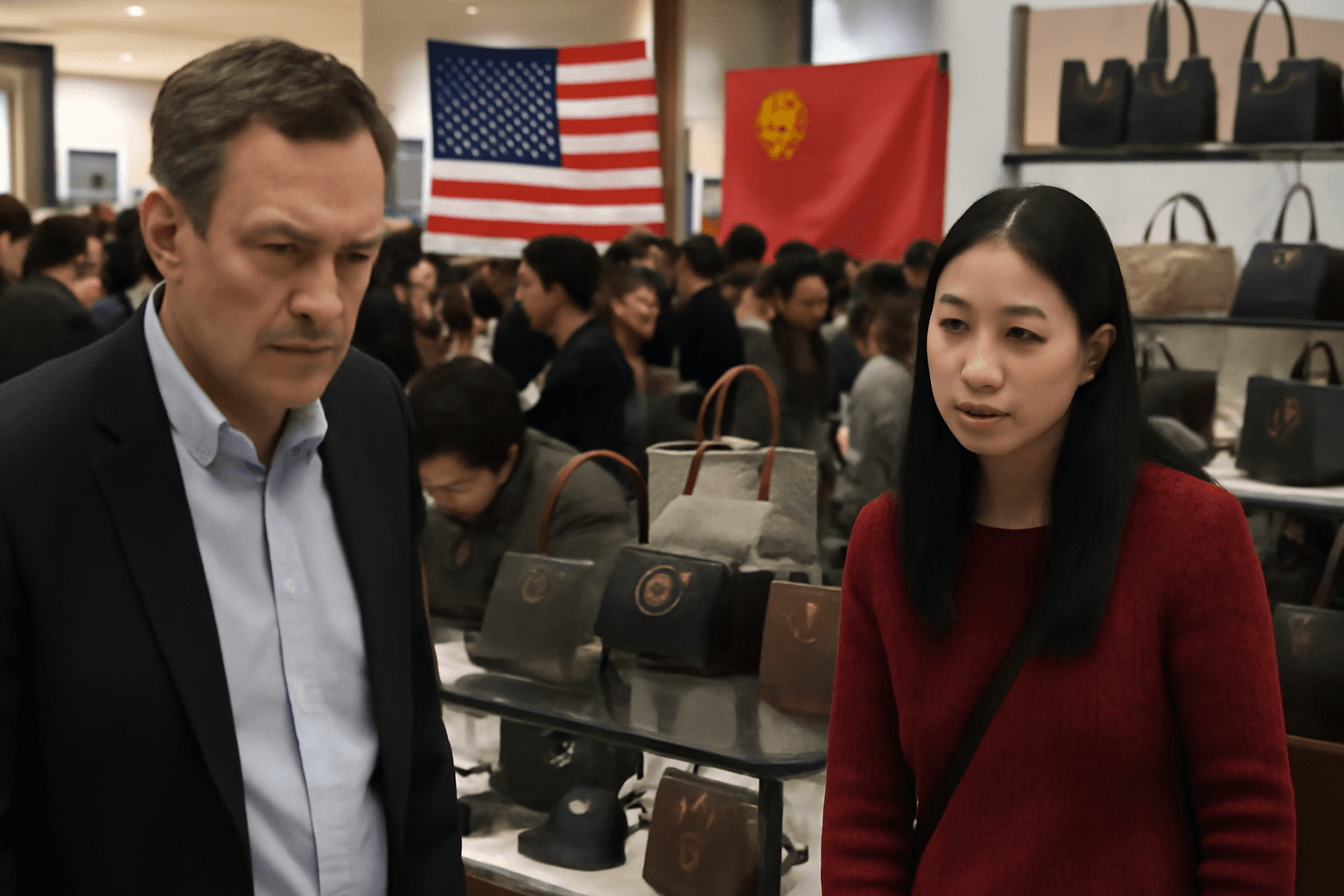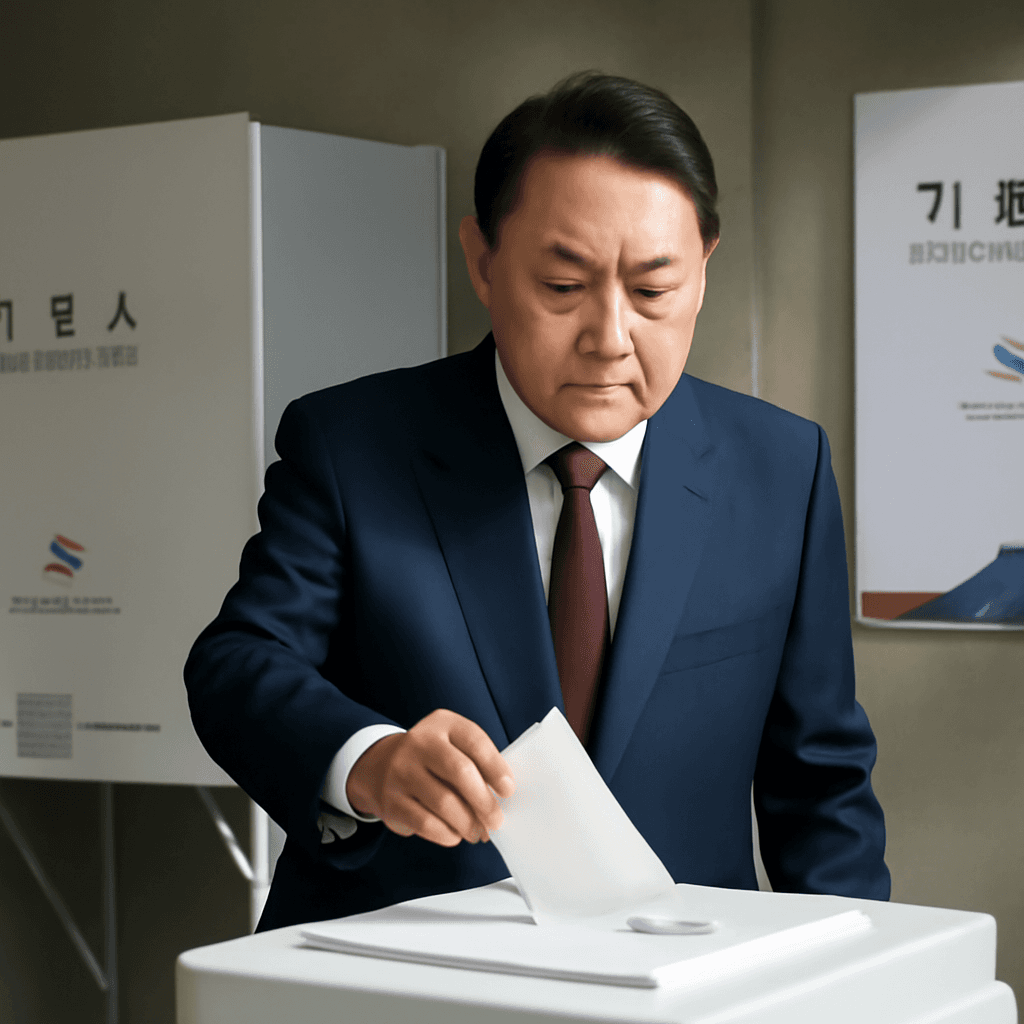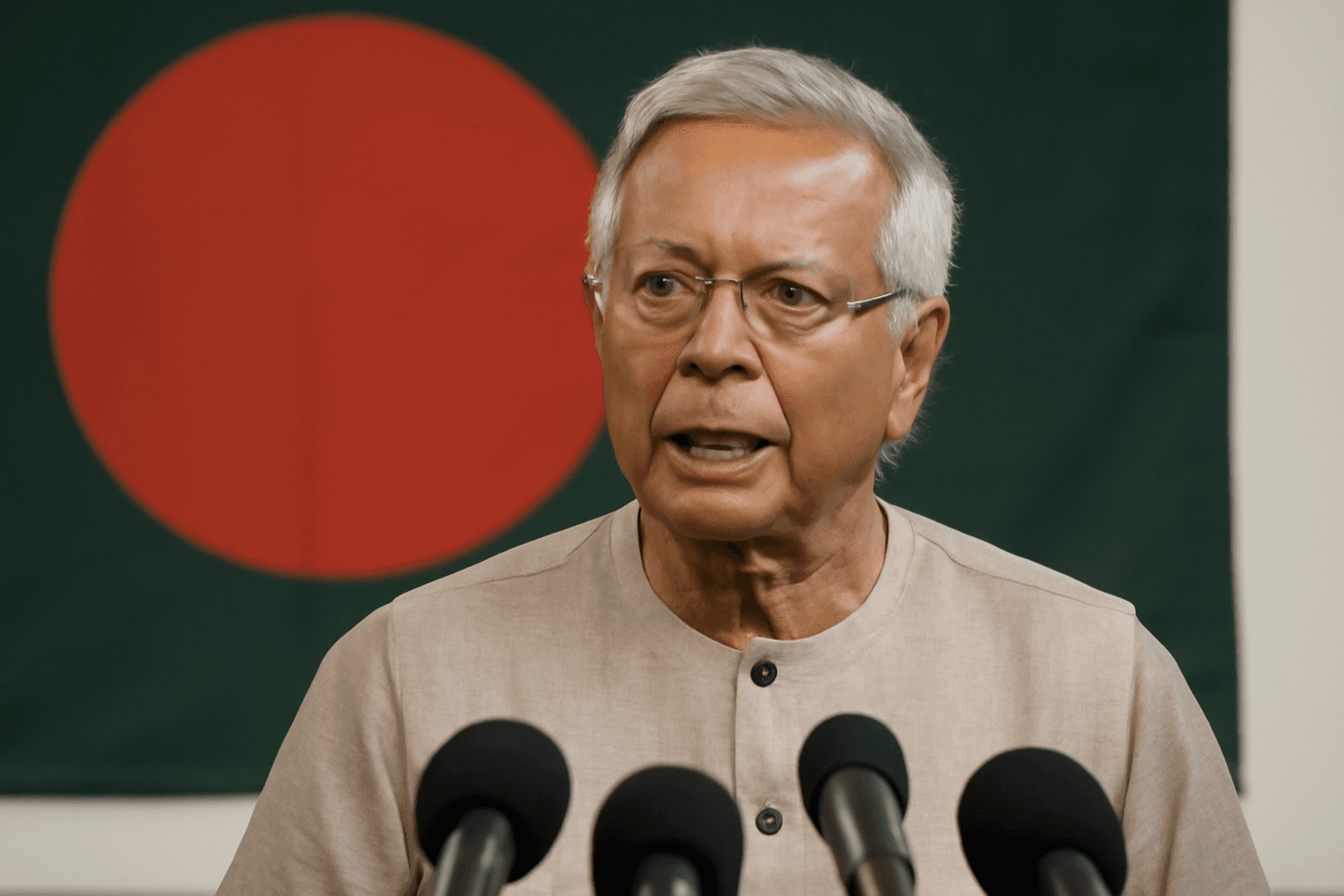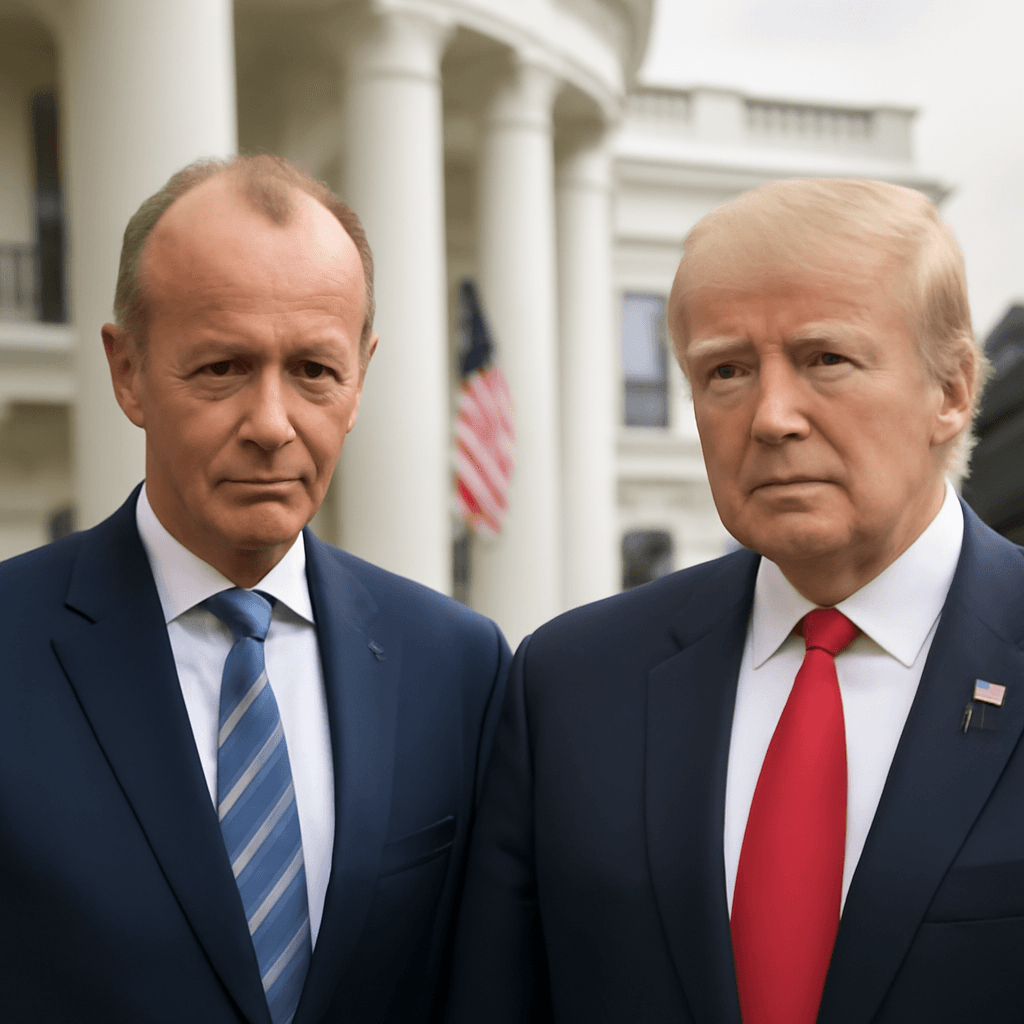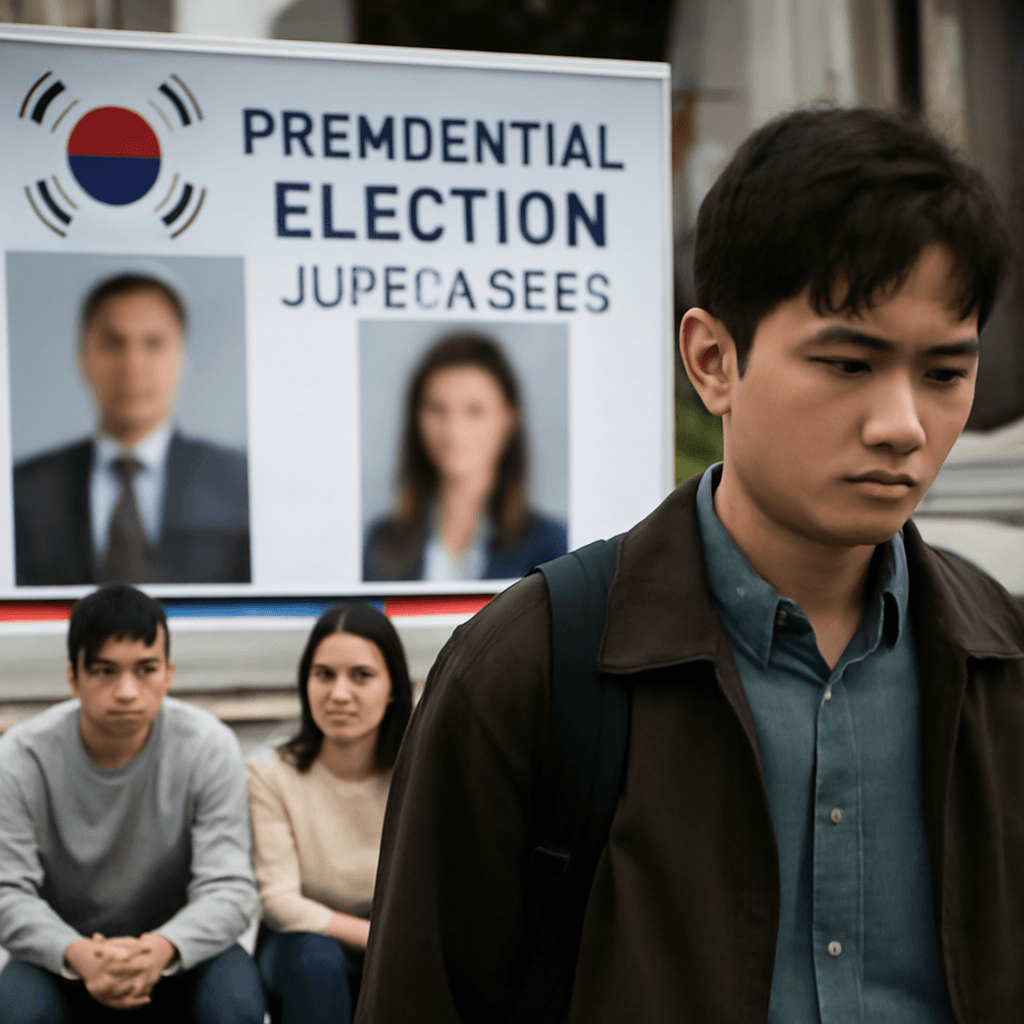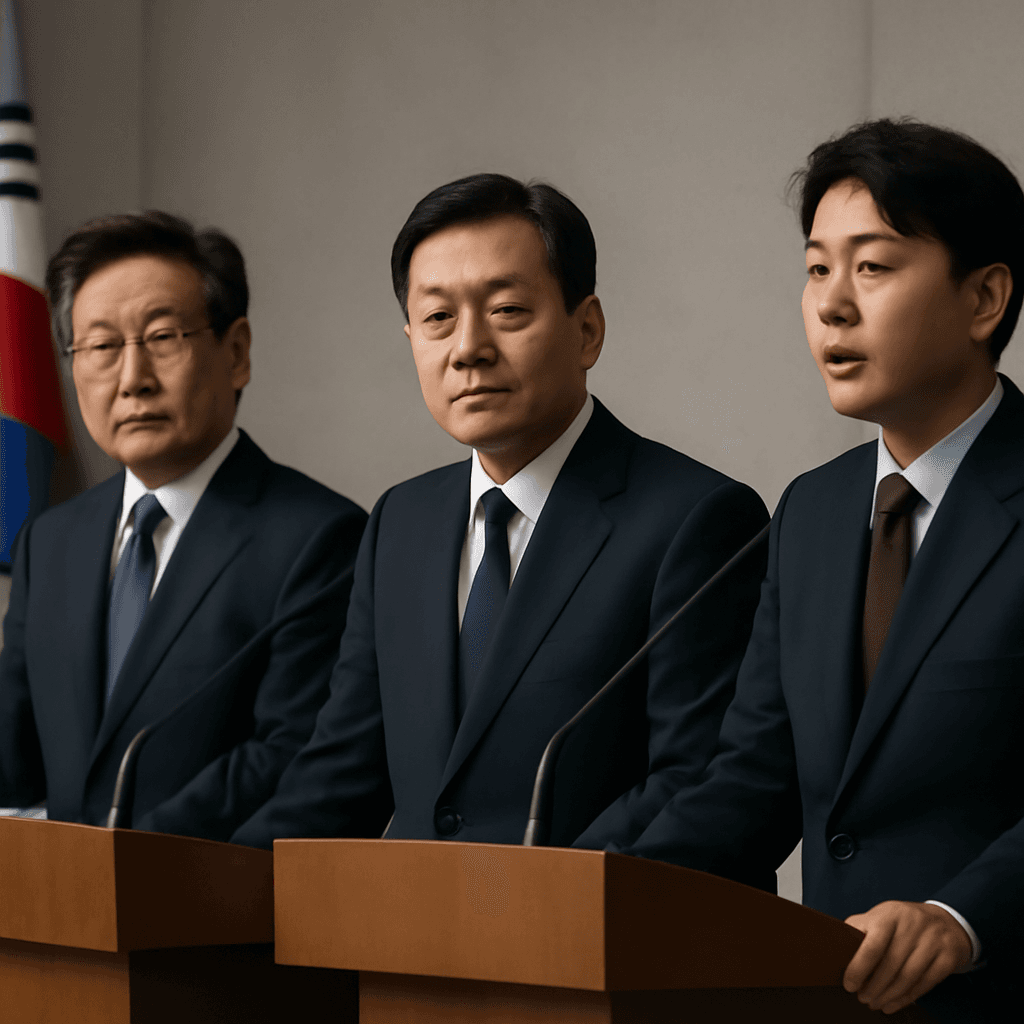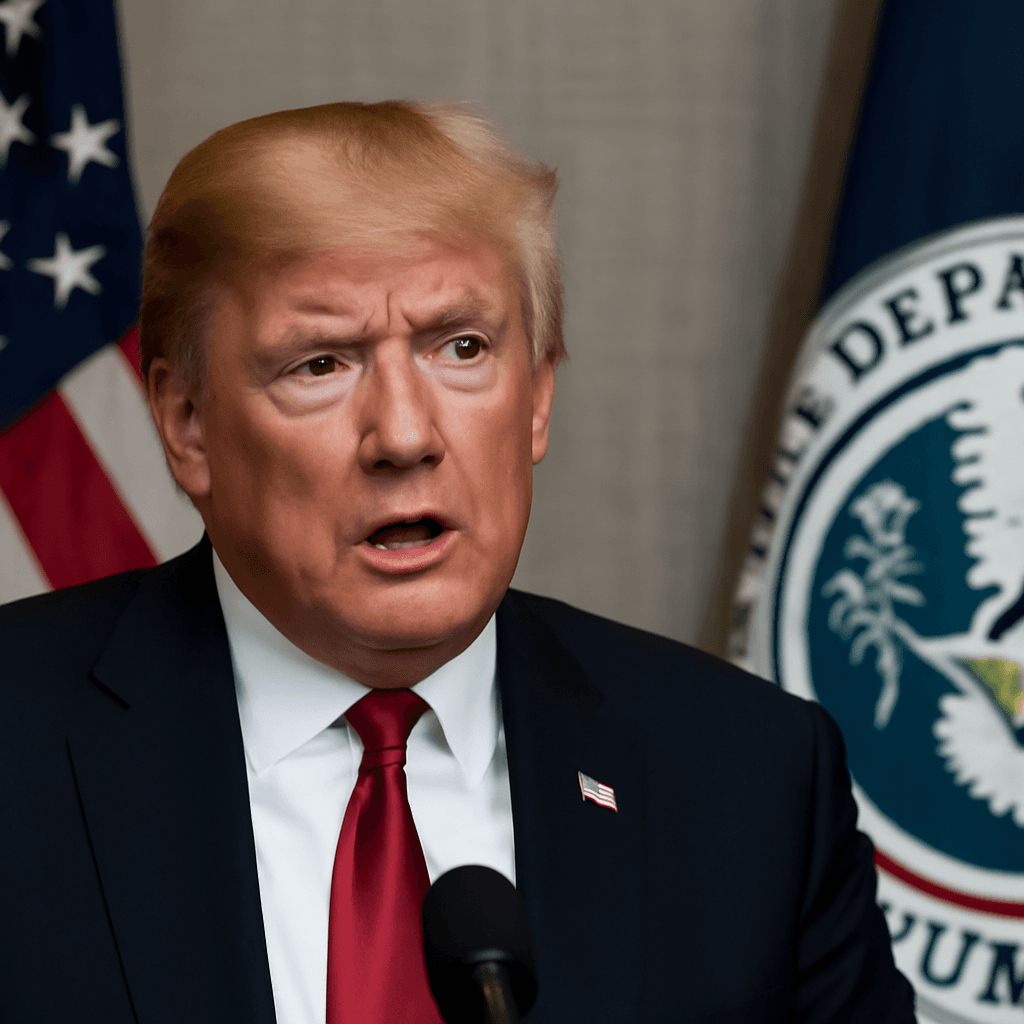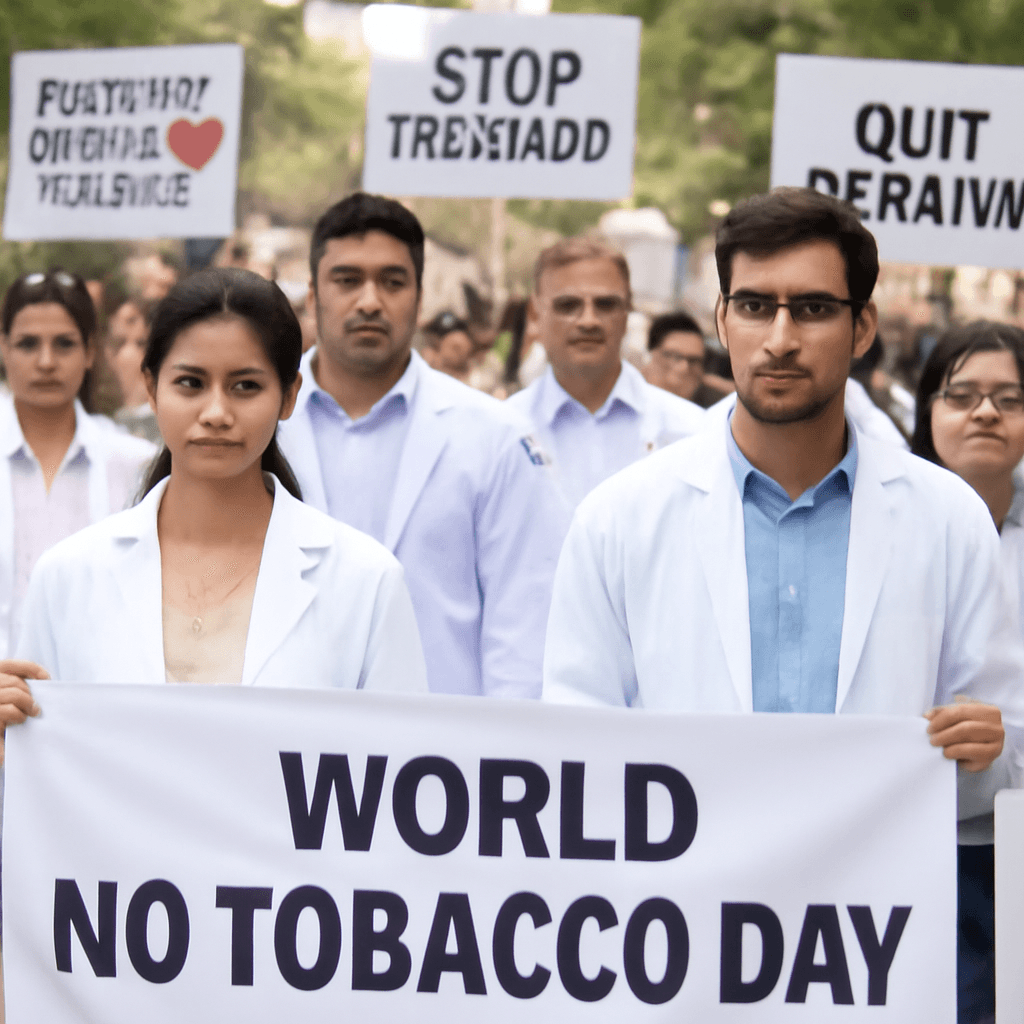Overview of South Korea's 2025 Presidential Election
South Korea is set to hold a snap presidential election on June 3, 2025, triggered by the impeachment of President Yoon Suk-yeol following his controversial and unconstitutional declaration of martial law. This election has rapidly evolved into a critical juncture that could determine the future trajectory of South Korea’s democracy, governance, and geopolitical stance.
Political Stability and Constitutional Reform
The election spotlights pressing debates around constitutional reforms aimed at strengthening executive accountability. Both leading candidates, Lee Jae-myung from the Democratic Party and Kim Moon-soo from the People Power Party, support modifying the current presidential term from a single five-year tenure to two consecutive four-year terms. This proposal aims to foster greater political stability and provide stronger checks and balances on executive power.
In light of President Yoon’s impeachment for declaring martial law based on unsubstantiated claims of "anti-state forces" within an opposition-controlled parliament, there is growing consensus on the need for safeguards to prevent executive overreach. Lee Jae-myung has further proposed requiring parliamentary approval within 24 hours of any martial law declaration to maintain democratic oversight.
Economic Challenges and Proposals
South Korea’s economy faces significant challenges from rapid technological changes, including automation and the rise of artificial intelligence, leading to a widening divide between high-skilled and low-skilled workers. This economic shift has strained the middle class, raising concerns about job security especially among the youth, where unemployment remains high.
Both presidential candidates prioritize economic revitalization but propose contrasting approaches. Lee Jae-myung advocates for policies centered on innovation and inclusive growth to empower diverse sectors of society. Conversely, Kim Moon-soo emphasizes business-led economic expansion as a path to recovery and growth.
North Korea Policy and Diplomatic Direction
Inter-Korean relations and security remain a pivotal issue for the incoming president. Lee Jae-myung endorses a moderate approach focused on diplomatic engagement with North Korea, along with strengthening ties with China and Russia, while preserving a strategic alliance with the United States.
In contrast, conservative factions emphasize a robust defensive posture, advocating for deterrence and military readiness against northern threats. How inter-Korean relations are handled will heavily influence regional peace and stability.
Geopolitical Dynamics and Regional Alliances
South Korea's geopolitical positioning is under scrutiny as it balances between the strategic interests of the United States and China. Decisions related to trade policies, security cooperation, and sensitive technological exports such as semiconductors will define its international stance.
The election outcome will determine whether South Korea pursues closer alignment with Washington or opts for a more balanced diplomatic path in East Asia. Relations with Japan also remain delicate. While the current administration maintained relatively peaceful engagement, there is concern that under a Democratic government led by Lee, historical grievances regarding Japan’s colonial rule may be more prominently highlighted, potentially straining bilateral ties.
Societal Divides and Cultural Shifts
Cultural dynamics and evolving social movements have intensified generational and ideological divides. Young men, facing economic challenges and mandatory military duties, increasingly support conservative agendas and express skepticism toward feminist policies.
Conversely, young women typically favor progressive candidates, emphasizing gender equality and social justice reforms. These opposing viewpoints have forged distinct political coalitions, underscoring gender politics as a central issue in the election. Notably, this divide influenced a record-high election of female lawmakers in 2024.
Demographic Trends and Welfare Challenges
South Korea confronts critical demographic challenges, characterized by a rapidly aging population and the lowest fertility rate among OECD countries. These trends expose vulnerabilities in social welfare and caregiving structures, disproportionately impacting women who provide much of the unpaid elder and child care.
Both candidates face mounting pressure to introduce policies that support work-life balance and gender equity, essential for sustaining social and economic vitality in the long term.
Conclusion: A Defining Moment for South Korea’s Democracy
More than a contest for the presidency, the 2025 election represents a pivotal decision point about South Korea's democratic future. The electorate's choice will influence whether the nation continues concentrating power in the executive branch or embraces institutional reforms paving the way for a more inclusive and accountable democracy.
As South Korea navigates critical political, economic, and social crossroads, the election's outcome will resonate deeply within the country and across the region.

